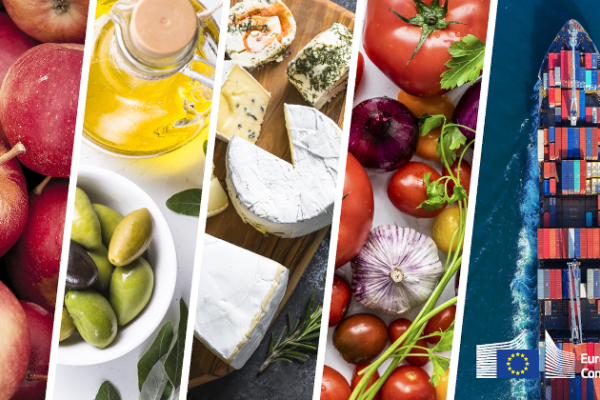The organic control system
Every country in the European Union appoints a 'competent authority' who is ultimately responsible for making sure that EU organics rules are followed. Usually these are either a department of agriculture or a department of public health.
This competent authority can delegate its role to:
- one or more private control bodies
- one or more public control authorities
- a mixed system with both private control bodies and public control authorities.
Regardless of the system chosen, the competent authority is ultimately responsible for auditing the inspection system within its own area of responsibility.
Once a year, EU countries report to the European Commission on the results of the controls carried out on organic operators and on the measures taken in case of non-compliance.
Organic farming information system (OFIS)
OFIS database containing ingredient authorisation and information on control authorities and control bodies.
The role of the European Commission
The European Commission supervises EU countries to ensure that they fulfil their responsibilities. This helps build consumer trust, as EU consumers know that organic goods will have been rigorously inspected regardless of which EU country they originated in.
The Commission uses both the reports submitted by EU countries and regular audits to make sure that adequate controls are being carried out.
Related information
Controls in practice
Farmers, processors or traders must be checked by a control body or control authority before they can market their products as organic. Once they have been checked and found compliant, they receive a certificate confirming that they meet the EU requirements.
Additionally, whether organic or not, farmers have to comply with a number of pieces of legislation protecting public health, animal and plant health, the environment and animal welfare. In addition, all farmers receiving income support are required to comply with statutory management requirements (SMRs) under cross-compliance legislation which reflects their respect for EU food and environmental law.
Furthermore, all producers of food must obey the general food law which includes legislation on labelling. Specific products may also have additional rules, such as more extensive labelling requirements. These regulations are mandatory for organic producers, who in addition, must comply with specific organic rules.
Documents
- 30 NOVEMBER 2021
- български(362.32 KB - PDF)
- español(287.26 KB - PDF)
- čeština(385.75 KB - PDF)
- dansk(259.59 KB - PDF)
- Deutsch(301.26 KB - PDF)
- eesti(278.2 KB - PDF)
- ελληνικά(335.59 KB - PDF)
- français(287.71 KB - PDF)
- hrvatski(371.8 KB - PDF)
- italiano(276.67 KB - PDF)
- latviešu(371.63 KB - PDF)
- lietuvių(403.82 KB - PDF)
- magyar(372.84 KB - PDF)
- Malti(430.67 KB - PDF)
- Nederlands(311.84 KB - PDF)
- polski(407.66 KB - PDF)
- português(291.37 KB - PDF)
- română(379.24 KB - PDF)
- slovenčina(375.18 KB - PDF)
- slovenščina(365.93 KB - PDF)
- suomi(274.26 KB - PDF)
- svenska(284.15 KB - PDF)

